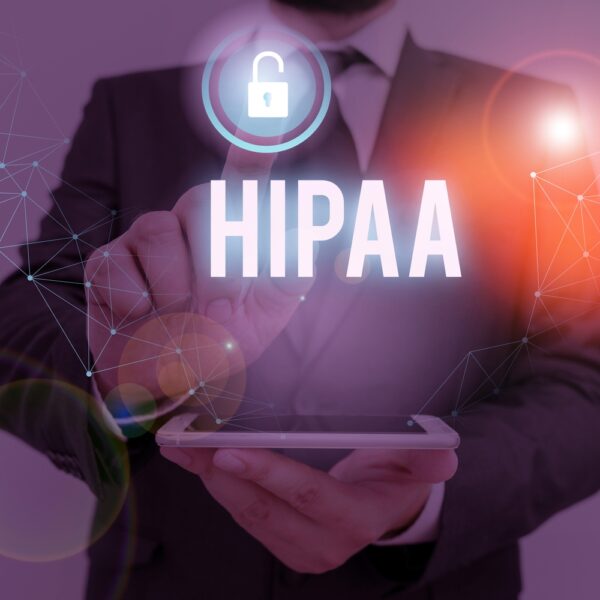Navigating HIPAA Compliance with Software Solutions
In today’s digital age, healthcare organizations face the critical task of safeguarding sensitive patient information. The Health Insurance Portability and Accountability Act (HIPAA) sets strict standards for the protection of health information, making compliance essential for healthcare providers, insurers, and their associated business partners. HIPAA compliance software offers a comprehensive solution to this challenge, streamlining the compliance process and ensuring that organizations meet all regulatory requirements. This article explores the importance, features, and top platforms of HIPAA compliance software.

Importance of HIPAA Compliance Software
- Data Protection: HIPAA compliance software ensures that patient data is securely stored and transmitted, preventing unauthorized access and data breaches.
- Regulatory Adherence: The software helps organizations adhere to HIPAA regulations by maintaining up-to-date records and ensuring that all compliance requirements are met.
- Operational Efficiency: Automating compliance processes reduces the administrative burden on staff, allowing them to focus on patient care.
- Risk Mitigation: By identifying potential vulnerabilities and providing robust security measures, HIPAA compliance software mitigates risks associated with data breaches and regulatory penalties.
Key Features of HIPAA Compliance Software
1. Risk Assessment and Management
- Continuous monitoring and assessment of potential risks to patient data.
- Automated risk analysis and reporting to identify vulnerabilities.
2. Data Encryption
- Ensures that all patient data, whether stored or transmitted, is encrypted to prevent unauthorized access.
3. Audit Trails
- Maintains comprehensive records of all system activities, ensuring transparency and accountability.
- Facilitates quick and easy retrieval of records for audits.
4. Incident Response
- Provides tools for detecting and responding to data breaches or other security incidents.
- Includes predefined response protocols to minimize the impact of security incidents.
5. Policy Management
- Helps organizations create, manage, and update policies in compliance with HIPAA standards.
- Ensures that all employees are aware of and adhere to these policies.
6. Training and Awareness
- Offers training modules to educate staff on HIPAA regulations and best practices.
- Ensures continuous staff awareness and adherence to compliance requirements.
Top Platforms Offering HIPAA Compliance Software
To help organizations navigate HIPAA compliance efficiently, several top-rated platforms offer specialized software solutions. Here is a comparison table of the leading HIPAA compliance software platforms:
| Platform | Key Features | Pricing Model | Certification Support | Customer Support |
|---|---|---|---|---|
| Compliancy Group | – Risk Assessments | Subscription-based | Yes | 24/7 Support |
| – Policy Management | ||||
| – Audit Reports | ||||
| MedTrainer | – Employee Training Modules | Subscription-based | Yes | Phone and Email |
| – Compliance Tracking | ||||
| – Document Management | ||||
| Accountable | – Risk Management | Subscription-based | Yes | Live Chat |
| – Audit Preparation | ||||
| – Business Associate Agreements (BAAs) | ||||
| HIPAA One | – Security Risk Analysis | Subscription-based | Yes | Phone and Email |
| – Continuous Monitoring | ||||
| – Compliance Portal | ||||
| QliqSOFT | – Secure Messaging | Subscription-based | Yes | Live Chat and Email |
| – Telehealth Solutions | ||||
| – Data Encryption |
Choosing the Right HIPAA Compliance Software
When selecting a HIPAA compliance software, organizations should consider the following factors:
- Scalability: The software should be scalable to accommodate the growing needs of the organization.
- Usability: User-friendly interfaces and straightforward navigation are critical for efficient implementation and use.
- Integration: The software should integrate seamlessly with existing systems and workflows.
- Support and Training: Comprehensive customer support and training modules ensure that staff are well-versed in using the software and adhering to HIPAA regulations.
- Compliance Guarantees: Look for platforms that offer compliance guarantees and robust support for audit procedures.
HIPAA compliance is an essential aspect of the healthcare industry, and leveraging specialized software can simplify this complex process. By choosing the right HIPAA compliance software, healthcare organizations can ensure robust protection of patient data, maintain regulatory compliance, and enhance operational efficiency. As cyber threats continue to evolve, investing in reliable compliance software is not just a regulatory requirement but a crucial step towards safeguarding sensitive health information.





